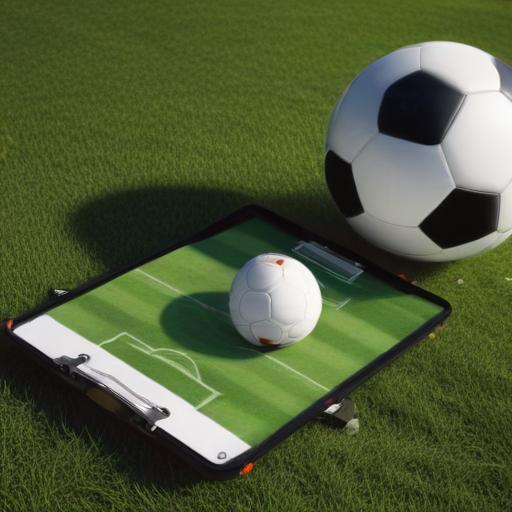Many players see retirement from the field as a form of liberation, allowing them to indulge in food and drink without the rigorous training and competition cycles. However, Luis Enrique is not one of them. After hanging up his boots, he remained disciplined, training daily and transforming his home and office into a functional gym, equipped with straps and bars hanging from the walls and ceilings.
To maintain his competitive spirit and desire to win, he took up surfing, swimming, long-distance running, and biking through the steep slopes of the Picos de Europa in Spain. In 2007, Luis Enrique completed the Ironman challenge in Frankfurt, which involved swimming 3.8 km, cycling 189 km, and running a full marathon. The following year, he participated in the Marathon des Sables, a grueling 249 km race over six days in the Sahara Desert.
Eventually, Luis Enrique realized that football was still his true calling. He began coaching the Barça youth team, progressed to managing Roma, left his mark at Celta de Vigo, and rose to prominence with his achievements at Barça, notably securing an impressive five trophies during the 2014/15 season.
Despite criticism that he merely imitates Pep Guardiola’s philosophy, many argue that Luis Enrique’s tactical approach is fundamentally different. His style emphasizes direct play and rapid transitions rather than possession. Importantly, his success does not hinge on having superstar players, as evidenced during his tenure at PSG.
Initially, he turned down the PSG coaching offer, skeptical about the club’s reliance on star power. Only when PSG committed to a long-term vision of team development did he agree to take the helm. Upon his arrival in Paris, key players like Neymar and Marco Verratti were already gone, and Lionel Messi had moved to Inter Miami. Luis Enrique quickly demanded a more rigorous approach from Kylian Mbappé, emphasizing team responsibilities over individual privileges.
Last season, under Luis Enrique, PSG showcased remarkable attacking prowess, establishing themselves as Europe’s most attractive team, characterized by speed, precision, and collective intensity, reminiscent of the 238 successful dribbles recorded during his Barcelona tenure.
In the wake of the departure of mega stars, other players are thriving in Luis Enrique’s system. He has revitalized Ousmane Dembélé by utilizing him as a false nine and has also unleashed the talents of Bradley Barcola, Desire Doue, Khvicha Kvaratskhelia, Goncalo Ramos, and Vitinha.
Just a year ago, Luis Enrique asserted his intention to “create a better team” following Mbappé’s anticipated exit, and he has fulfilled that promise. His young, dynamic, and effective PSG is improving daily, as demonstrated by their recent victory against Arsenal, which stands as a testament to his coaching effectiveness.
Looking ahead, PSG must continue this trajectory in their return match at home to secure their dream of reaching the final. Should they maintain their winning streak, there is little doubt that Luis Enrique could be hailed as PSG’s greatest coach, potentially earning the honor of a statue at the Parc des Princes.
Luis Enrique’s journey illustrates the transformative power of adaptability and commitment in the competitive landscape of football, showcasing how reliance on teamwork and strategic clarity can lead to remarkable success, irrespective of the star power in the squad.
